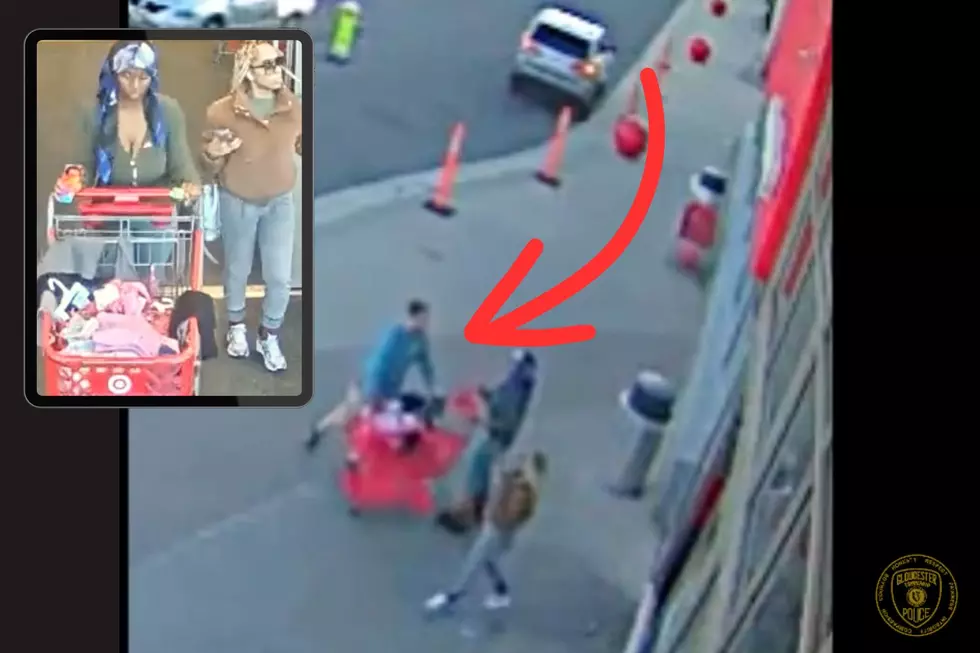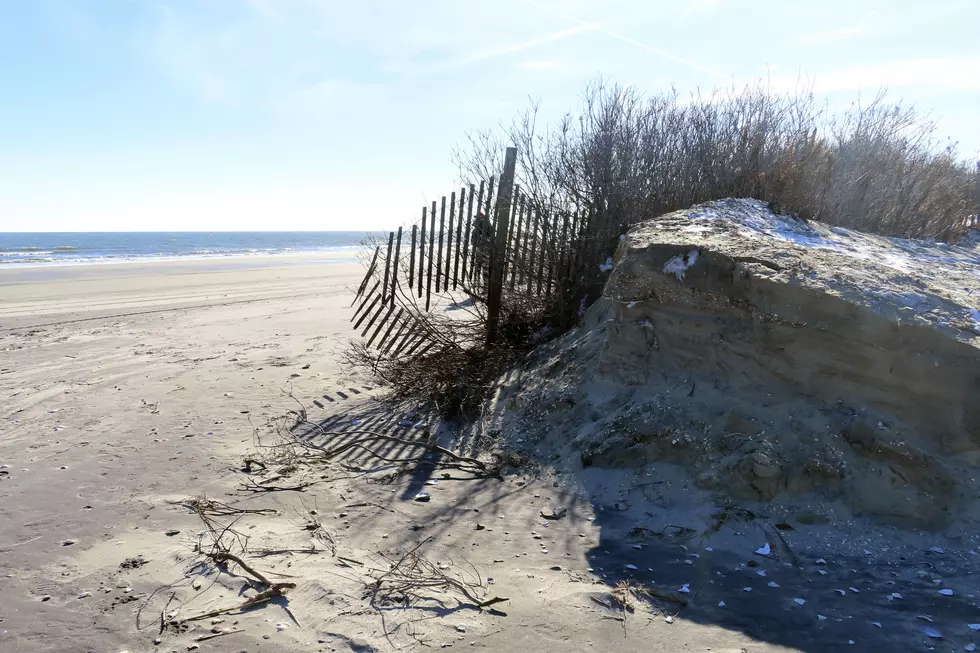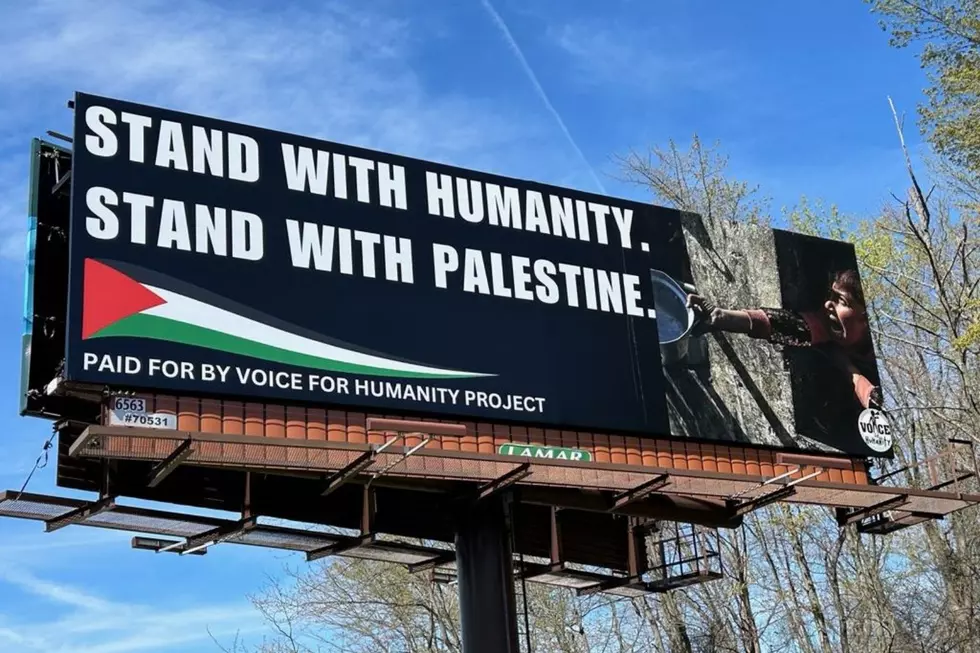
A new way to train medical students in New Jersey
A South Jersey healthcare organization is partnering with a Pennsylvania medical school to train future doctors in a new way.
For years AtlantiCare, with medical facilities in Atlantic City and Galloway Township, has worked with regional medical schools, hosting third-year students.
AtlantiCare became a member of the Geisinger Health system in 2014, and this summer AtlantiCare became the fifth regional campus of the Geisinger Commonwealth School of Medicine, based in central Pennsylvania.
Some Geisinger students, in their third and fourth years, are getting training at AtlantiCare facilities.
According to Dr. Steven Scheinman, president and dean of the Geisinger Commonwealth School of Medicine, they’re spending half the year in a standard hospital setting, getting exposure to family and internal medicine as well as surgery, OB/GYN, pediatrics and psychiatry — but instead of getting that training in 10 to 12 week “blocks” the way most medical schools offer, they are alternating different medical specialties on alternating days.
He said students will also get assigned to different doctors in fields of medicine they are interested in, to work with those doctors and their patients.
“Week after week they can see the same patients back in the office, and they get to form relationships with patients," he said.
Scheinman referred to this as a “longitudinal integrated curriculum” approach, and said other medical schools are starting to show an interest in this approach.
He stressed teaching students to work with the community organically is extremely important.
“The students all get critical experiences, not in a single ivory tower urban hospital, but largely in the ambulatory setting, in the community," Scheinman said.
He said the time students spend working in a hands-on fashion during their time at AtlantiCare gives them a kind of training they cannot learn by memorizing lecture notes or reading in a text book.
“It’s not the information we need to pack into their brain," Scheinman said. "It’s the professional identity of knowing how to ask the right questions and think like a doctor.”
He stressed “being a doctor is much more than just knowing the science — being a doctor means taking ownership for the well-being of individual patients.”
He added the Geisinger curriculum emphasizes “active” learning in small groups, rather than having students mostly attend lectures, then try to memorize the notes they took during that lecture.
He said this kind of training can help medical students in New Jersey and across the nation become more effective healers in their respective fields, stressing if a doctor can’t communicate or explain something to you in a way that is understandable, “then it doesn’t matter how good they are scientifically.”
You can contact reporter David Matthau at David.Matthau@townsquaremedia.com
More from New Jersey 101.5:
More From New Jersey 101.5 FM









